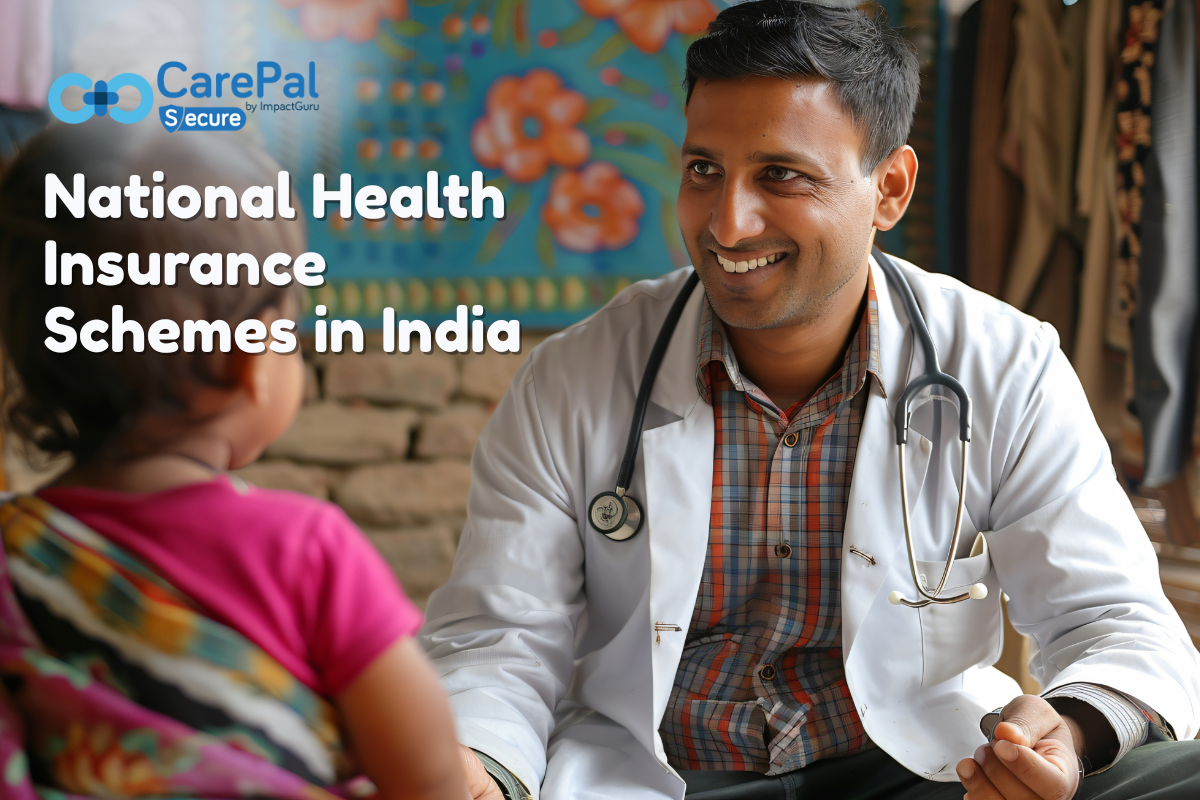What Is Blood Cancer and Why Is Early Treatment Important?
Blood cancer, also known as Leukemia, is a cancer that affects the body’s ability to produce and use blood. Most often, it involves white blood cells, but it can affect other blood components as well. A common misconception is that blood cancer is a single disease. In reality, it is a group of five types of cancers that affect the body’s blood-forming and blood-using functions.
India ranks third highest in reported blood cancer cases worldwide. According to the Globocan 2022 report, every five minutes one person is diagnosed with blood cancer. In India, leukemia is the most common type of blood cancer. Treatment often involves stem cell or bone marrow transplants from a matching donor. However, about 70% of people who need a bone marrow transplant cannot find a match. Only 0.09% of the Indian population is registered as stem cell donors. Increasing donor registrations is one of the surest ways to help blood cancer patients.
Types of Blood Cancer and Their Treatment Approach
Treatment varies by disease type and patient condition. Leukemia, for example, is treated with chemotherapy, targeted therapy, or stem cell transplants in severe cases. Lymphoma typically requires a combination of chemotherapy and radiation. Treatment of myeloma often includes chemotherapy, targeted therapy, stem cell transplants, and supportive drugs. The exact plan depends on the cancer subtype, the patient’s overall health, and what is available at the hospital.
Breakdown of Blood Cancer Treatment Costs in India
The average cost of blood cancer treatment in India ranges between ₹4 lakh and ₹20 lakh, depending on the cancer type, treatment method, and hospital. Here’s a look at common modalities:
Chemotherapy Costs and Duration
Chemotherapy uses drugs to kill cancer cells in the bloodstream. It can be given as oral tablets or by intravenous (IV) infusion. Treatment is delivered in cycles over several weeks or months. Typical costs range from ₹3 lakh to ₹6 lakh, depending on the number of cycles and the drugs used.
Stem Cell Transplantation Costs
A stem cell transplant replaces damaged stem cells that are producing abnormal blood cells with healthy stem cells. The cells can come from the patient (autograft) or from a donor (allograft). Collection usually involves bone marrow or peripheral blood, followed by harvesting of stem cells. Transplant is an intensive and costly option and is often used when chemotherapy is insufficient. With advances in research, risks and costs are gradually declining, and adoption is increasing. In India, a stem cell transplant typically costs ₹10 lakh to ₹20 lakh.
Immunotherapy and Targeted Therapy Costs
Immunotherapy helps the patient’s immune system recognize and destroy cancer cells, while targeted therapy directly attacks cancer cells by blocking the molecules and proteins that drive their growth. These are newer treatments that may have fewer side effects than some traditional approaches. They are expensive, generally costing ₹10 lakh to ₹15 lakh.
How to Manage Blood Cancer Treatment Costs in India
Because treatment is expensive, the first line of financial protection is a comprehensive health insurance plan that covers hospital bills. We also recommend a critical illness plan that pays a lump sum on diagnosis. Together, these can reduce the need to dip into savings. If insurance is not adequate, savings and medical loans are next options. Beyond that, explore government assistance, charities, and crowdfunding.
How Health Insurance Covers Blood Cancer Treatment
Most health insurance plans in India cover blood cancer treatment, including hospitalisation, chemotherapy, and advanced therapies. Cancer riders and critical illness policies provide lump sum payouts for high-cost treatments. Ensure you have adequate sum insured and understand the covered treatments, sub-limits, co-pays, and other terms in your policy.
Government Assistance Programs for Cancer Patients
Over the last decade, insurance coverage for low-income families has expanded significantly. Government-run schemes like Ayushman Bharat and various state health programs can cover a substantial part of treatment costs for eligible families. These schemes improve access, though in practice some hospitals may not treat patients under government insurance.
The Role of Hospitals in Blood Cancer Treatment
Choosing the right hospital affects both outcomes and costs. India has several leading cancer centres that offer advanced treatments at a fraction of international prices.
Top Cancer Hospitals in India for Blood Cancer Treatment
Tata Memorial Hospital (Mumbai), AIIMS (Delhi), Apollo Hospitals, and CMC Vellore are among the top centres for blood cancer care.
Factors to Consider When Choosing a Treatment Center
Evaluate hospital infrastructure, availability of advanced equipment, oncologist expertise, and patient support services when selecting a centre.
Are There Affordable Blood Cancer Treatment Options in India?
Yes. Government hospitals, charitable trusts, and NGOs offer low-cost or subsidised treatment, improving access to quality care.
Hospitals Offering Low-Cost Treatment
Centres such as Tata Memorial, AIIMS, and various Regional Cancer Centres provide lower-cost treatment while maintaining high standards.
Blood Cancer Treatment Costs in Key Indian Cities
Mumbai and Delhi
Costs tend to be higher due to advanced infrastructure and specialised care, averaging ₹6,00,000 to ₹20,00,000.
Smaller Cities
In cities such as Chennai, Hyderabad, and Coimbatore, costs are often lower, averaging ₹4,00,000 to ₹10,00,000 for standard protocols.
Can Health Insurance Cover Blood Cancer Treatment in India?
Yes. Health insurance plays a critical role in managing costs. Policies with higher coverage limits help ensure access to advanced therapies without major financial strain.
Best Health Insurance for Cancer in India
HDFC ERGO, Star Health, and Religare (Care Health) offer policies that specifically cover cancer, including blood cancers, with high sums insured and comprehensive benefits.
Financial Support and Aid for Blood Cancer Patients in India
Government Programs
Schemes like Ayushman Bharat and state health programs subsidise treatment for eligible low-income families.
Charities and NGOs
Organisations such as the Indian Cancer Society, CanSupport, and various charitable trusts provide grants, medicine support, and counselling for patients.
Conclusion: Managing Blood Cancer Treatment Costs Effectively
Blood cancer treatment in India generally costs ₹4,00,000 to ₹20,00,000, depending on treatment type, hospital, and city. Families can reduce financial stress by using insurance, government schemes, and charitable aid. Early planning and timely diagnosis are key to making treatment more affordable and effective.
FAQs
What is the average cost of blood cancer treatment in India?
It typically ranges from ₹4,00,000 to ₹20,00,000, depending on the treatment, city, and hospital. Stem cell transplants and advanced therapies are at the higher end.
Is blood cancer treatment covered by insurance in India?
Yes. Many health insurance plans and critical illness policies cover blood cancer treatment, including hospitalisation, chemotherapy, and transplants. Higher coverage limits offer more comprehensive protection.
What are the most affordable hospitals for blood cancer treatment in India?
Tata Memorial Hospital (Mumbai) and AIIMS (Delhi) are among the most affordable and reputable centres. Regional Cancer Centres also provide low-cost care.
Can I get financial help for blood cancer treatment in India?
Yes. Financial aid is available through Ayushman Bharat, state health programs, NGOs such as the Indian Cancer Society, and charitable trusts.
How can I reduce the cost of blood cancer treatment in India?
Use health insurance, apply for government schemes, consider subsidised hospitals, and seek assistance from NGOs and crowdfunding platforms.







